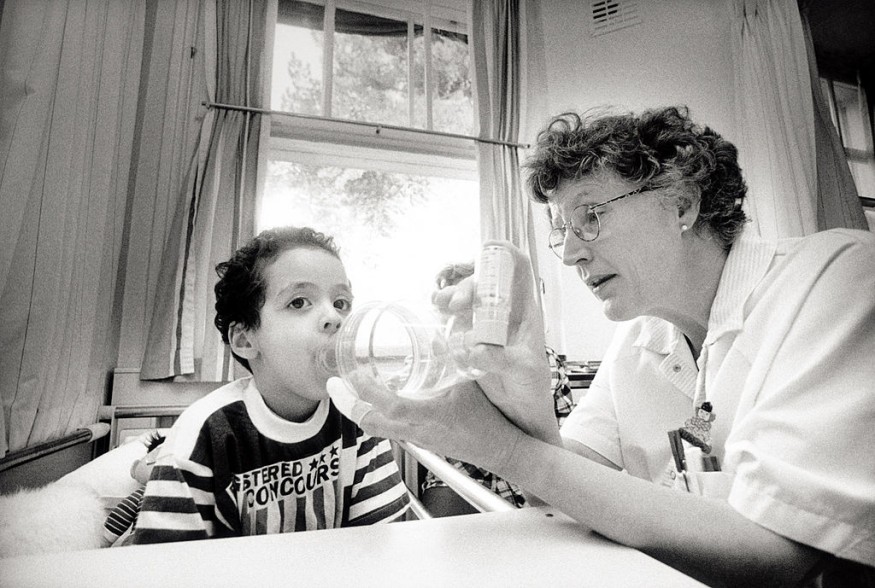Asthma remains a persistent illness around the world, given that there is no treatment. However, persons suffering from such sickness could still manage it with a mixture of regular and rescue drugs.
Furthermore, self-care is critical for people with asthma. Individual duty and intervention are also important to prevent asthma attacks. Home treatments for asthma may be effective in conjunction with a medically sound asthma action plan, which plays an important part in maintaining it under management.

What Triggers Asthma?
Something that sets your asthma off is known to be a cause, and it may be personal to you.
For one, while they're around livestock, certain individuals can suffer from asthma symptoms.
There are inflamed and sensitive airways of people living with asthma, so it is important to use a preventer inhaler every day.
Popular causes of asthma include colds, viruses, smoke from tobacco, cough weather, and pollen.
Asthma episodes are unavoidable and can include signs of coughing, wheezing, shortness of breath, and chest tightness.
However, according to a DailyExpress article, you don't need to get any signs to have asthma.
How Can I Prevent Asthma?
It's important to get the prescription if you feel these symptoms and use it immediately to help relieve the symptoms.
When a person learns what their asthma triggers are, they may take steps to prevent them, such as:
- Smoking avoidance and prevention of secondhand emissions;
- Allergy-proof bedding is used and cleaned, and dried regularly;
- Periodical vacuuming;
- Using airtight food storage to hold rodents away and constantly washing storage and dining areas;
- Monitoring predictions of air quality and adjusting arrangements to handle poor air quality; and
- In the bedroom with an air filter.
What to Do During An Asthma Attack

Asthma attacks are more frequent incidents that may be life-threatening, but you should know how to treat the symptoms before aid arrives.
Yet you may get an asthma attack when you experience these signs, and even the blue inhaler can't help that go down.
You should take one easy move first, according to the news outlet: sit straight up.
You pull out your blue inhaler afterward and take one puff per 30 to 60 seconds. In general, you can feel much stronger once you have taken 10 puffs in all.
Nonetheless, if after 10 puffs you might not feel much different at all or you have suddenly felt worse, make sure you dial 911 as soon as possible.
You should repeat the procedure of inhaling 10 puffs every 15 minutes until the aid is there before you enter the emergency department and get the appropriate medical care.
Dr. Andy Whittamore advised the asthmatic patients of Asthma UK to maintain a written asthma action plan, especially for MART care. If the patients are also not aware what to do in an asthma incident, Whittamore advises them to talk as soon as possible to the GP or asthma nurse.
Summary
Many persons do not deem asthma a significant condition. The risk factor may, however, be raised by asthma along with other infections. It is important to contact the doctor as soon as you encounter some respiratory problems. Hospitals provide both care for the welfare of the patient.
ALSO READ : Is Your Teen a Night Owl? Study Finds Allergies and Asthma to Be More Common in Adolescents Who Stay Up Late
Check out more news and information on Medicine and Health on Science Times.
© 2026 ScienceTimes.com All rights reserved. Do not reproduce without permission. The window to the world of Science Times.












